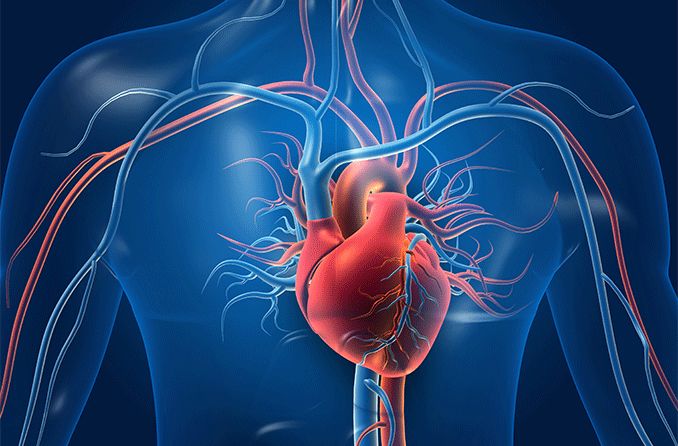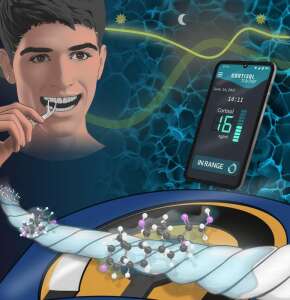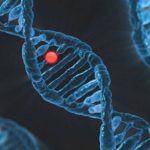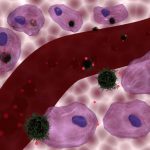Breast cancer is the most common form of the disease worldwide, with 2.26 million women diagnosed in 2020 and 685,000 deaths in the same year, according to Breast Cancer UK…reports Asian Lite News
In a step that can ensure earlier detection and treatment of breast cancer and help improve survival rates, British researchers have developed an “ultra-sensitive” new blood test which can predict if the cancer will return years before it shows up on scans.
The test works by detecting traces of the DNA of the tumour before the full relapse and was found to be 100 per cent accurate at predicting which patients would see their cancer return, the BBC reported.
While experts have termed the development “incredibly exciting”, it is still in its early stages.
Breast cancer is the most common form of the disease worldwide, with 2.26 million women diagnosed in 2020 and 685,000 deaths in the same year, according to Breast Cancer UK.
A team of researchers from the Institute of Cancer Research (ICR) London conducted the trial on 78 patients with different types of early breast cancer, with the test searching for 1,800 mutations in the patient’s blood which are released by cancer cells.
These circulating tumour DNA were found in 11 women, who all saw their cancer relapse. No other women saw their cancer return.
On average, the blood test detected cancer 15 months before symptoms appeared or the illness showed up on scans, according to results presented at the American Society of Clinical Oncology conference in Chicago on Sunday.
The earliest detection was 41 months.
Lead researcher Dr Isaac Garcia-Murillas, from the ICR, said: “Breast cancer cells can remain in the body after surgery and other treatments but there can be so few of these cells that they are undetectable on follow-up scans.” However, they can cause patients to relapse many years after their initial treatment.
The study, which tested blood samples at the point of diagnosis, then again following surgery and chemotherapy, and repeated the process every three months for the next year and every six months for the next five years, lays the groundwork for better post-treatment monitoring and potentially life-extending treatment, he added.
Researchers Dr Simon Vincent, director of research, support and influencing at Breast Cancer Now – which part-funded the study – said: “Early detection is one of our greatest weapons against breast cancer and these initial findings, which suggests new tests could be able to detect signs of breast cancer recurrence over a year before symptoms emerge, are incredibly exciting.”
Though acknowledging that the research was still in its early stages, he said catching breast cancer recurrence earlier means treatment is much more likely to destroy the cancer and stop it spreading to other parts of the body and becoming incurable.
ALSO READ-Bengaluru Man Achieves Cancer Remission with CAR T-Cell Therapy













